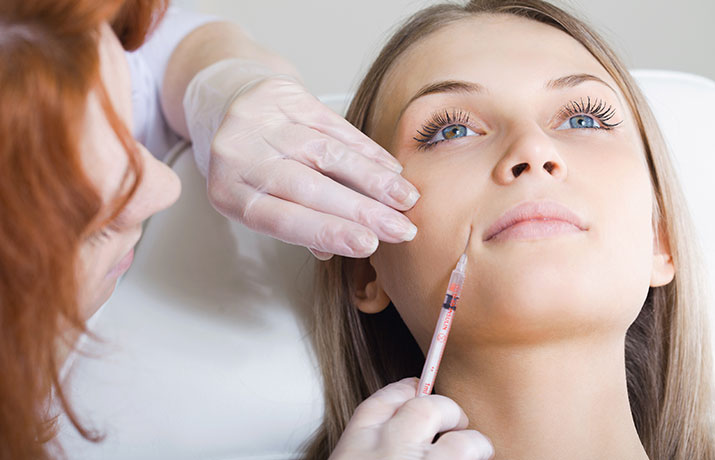Obstructive sleep apnea (OSA) is a disorder in which breathing is interrupted or paused during sleep. These breathing interruptions can happen hundreds of times throughout the night which leads to poor sleep quality and daytime sleepiness. A new study form the University of California – Los Angeles School of Nursing shows that the body’s autonomic responses, the controls that impact such functions as blood pressure, heart rate, and sweating are weaker in people with obstructive sleep apnea but are even more diminished in women. More than 20 million adults in the U.S. are affected by OSA and because the symptoms are often subtle in women, it is common for their sleep problems to be miss-diagnosed or even overlooked all together. Dr. Stan Farrell of Scottsdale, Arizona has extensive training in treating sleep apnea and other sleep disorders. If you or someone you know might be suffering from obstructive sleep apnea please schedule an initial consultation today with Dr. Farrell at 480-945-3629 and visit us at www.headpaininstitute.com.
University of California – Los Angeles. “Sleep apnea study uncovers more hidden dangers for women.” ScienceDaily. ScienceDaily, 24 October 2013.
Abstract: Women with obstructive sleep apnea may appear to be healthy — having, for instance, normal resting blood pressure — and their symptoms also tend to be subtler, which often means their sleep problem is missed and they get diagnosed with other conditions.”We now know that sleep apnea is a precursor to bigger health issues,” said Paul Macey, lead researcher on the study, which appears Oct. 23 in the peer-reviewed journal PLOS ONE. “And for women in particular, the results could be deadly.”
Obstructive sleep apnea is a serious disorder that occurs when a person’s breathing is repeatedly interrupted during sleep, sometimes hundreds of times. Each time, the oxygen level in the blood drops, eventually resulting in damage to many cells in the body. The condition affects more that 20 million adults in the U.S. and is associated with a number of serious health consequences and early death. Women are much less likely to be diagnosed than men. For the study, men and women — both with and without obstructive sleep apnea — had their heart-rate responses measured during three physical tasks:
•The Valsalva maneuver: Subjects breathe out hard while the mouth is closed.
•A hand-grip challenge: Subjects squeeze hard with their hand.
•A cold pressor challenge: A subject’s right foot is put in almost-freezing cold water for a minute.
In all three tests, changes to the normal heart rate were lower and delayed in patients with obstructive sleep apnea, compared with healthy controls. The researchers found that the difference was even more pronounced in women.
“The heart-rate results for these tests show that the impact of sleep apnea, while bad in men, is more severe in women,” Macey said. “This may mean that women are more likely to develop symptoms of heart disease, as well as other consequences of poor adaptation to daily physical tasks. Early detection and treatment may be needed to protect against damage to the brain and other organs.”
Researchers also intend to investigate the affect of other treatments.
